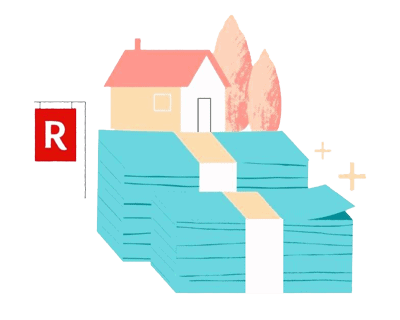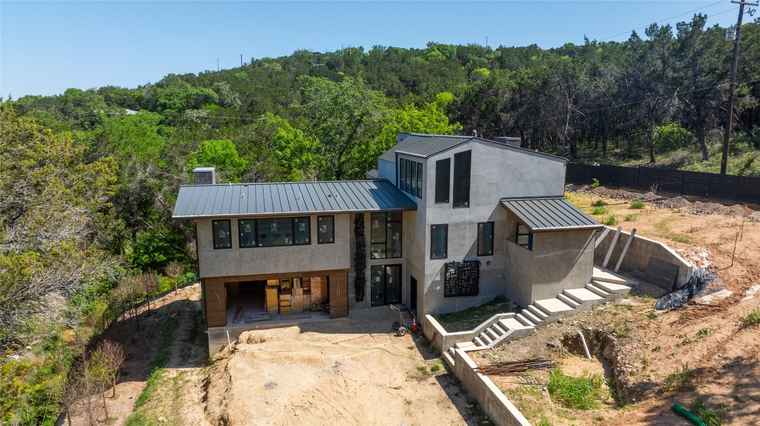Depending on the loan amount you need and where you’re buying a home in Mississippi, such as a home in Madison, MS or Jackson, MS, you may find it difficult to find financing beyond the conforming loan limits. This is where jumbo loans come into play.

What is a jumbo loan?
What exactly is a jumbo loan in Mississippi? A jumbo loan is a specialized type of mortgage that comes into play when you’re seeking financing for a home that surpasses the conforming loan limits (CLL) established by the Federal Housing Finance Agency (FHFA). Typically, this type of loan is necessary for upscale, luxurious properties or those situated in pricey housing markets.
If the home you’re purchasing will require you to borrow more than the CLL, you’ll need to apply for a jumbo loan. However, it’s important to note that jumbo loans come with higher interest rates and stricter requirements than conventional loans due to the larger loan amounts and risk associated with them. For instance, a larger down payment and a higher credit score may be required to qualify for a jumbo loan in Mississippi.
What is the jumbo loan limit in Mississippi?
In Mississippi, the conforming loan limit is $766,550 across all counties. For example, if you’re buying a home in Hinds County, where the median sale price is $171,000, a loan limit exceeding $766,550 would be considered a jumbo mortgage.
Keep in mind that the loan amount is what determines whether or not you’ll need a jumbo loan, not the price of the home. So, if you were to put $50,000 down on a $750,000 home in Jackson, the mortgage would be $700,000, which is under the conforming loan limit for this area. In this case, your loan wouldn’t be considered a jumbo loan.
To identify the conforming loan limits where you’re considering buying a home in Mississippi, check out this FHFA map.
What are the requirements for a jumbo loan in Mississippi?
As previously mentioned, the requirements for a jumbo loan are much more stringent than the requirements for a conforming loan. Each lender may have different requirements or processes, but below are the typical requirements for borrowers seeking a jumbo loan in Mississippi.
Higher credit score: In order to qualify for a jumbo loan, most lenders will require a credit score of 720 or higher. While some lenders may be more lenient and accept a score as low as 660, a score below this threshold is generally not accepted. In contrast, a credit score as low as 620 could suffice for a conforming loan with some lenders.
Larger down payment: When applying for a jumbo mortgage, keep in mind that down payment requirements are generally more substantial than for traditional mortgages. While the specific amount will depend on the lender and the borrower’s financial situation, many jumbo loan lenders require a down payment of at least 10%, and some require as much as 20% or more.
More assets: Jumbo loan borrowers are typically required to have additional assets. In particular, lenders may require borrowers to demonstrate sufficient liquid assets or savings to cover one year’s worth of loan payments.
Lower debt-to-income ratio (DTI): Whether a buyer is applying for a conventional loan or a jumbo loan, lenders evaluate your spending habits and creditworthiness by analyzing your debt-to-income ratio (DTI). The DTI is determined by dividing the total of your monthly debt payments by your gross monthly income. While some lenders may accept a DTI as high as 50% for a conforming loan, those applying for a jumbo mortgage in Mississippi should aim for a DTI under 43% and ideally closer to 36%.
Additional home appraisals: When you buy a home in Mississippi, mortgage lenders will require a home appraisal to confirm that the property’s value is equal to or higher than the loan amount. In some cases, a lender may require an additional appraisal for a jumbo loan. In regions with very few comparable property sales, the cost of the appraisal may be higher than in markets with more frequent sales.


























